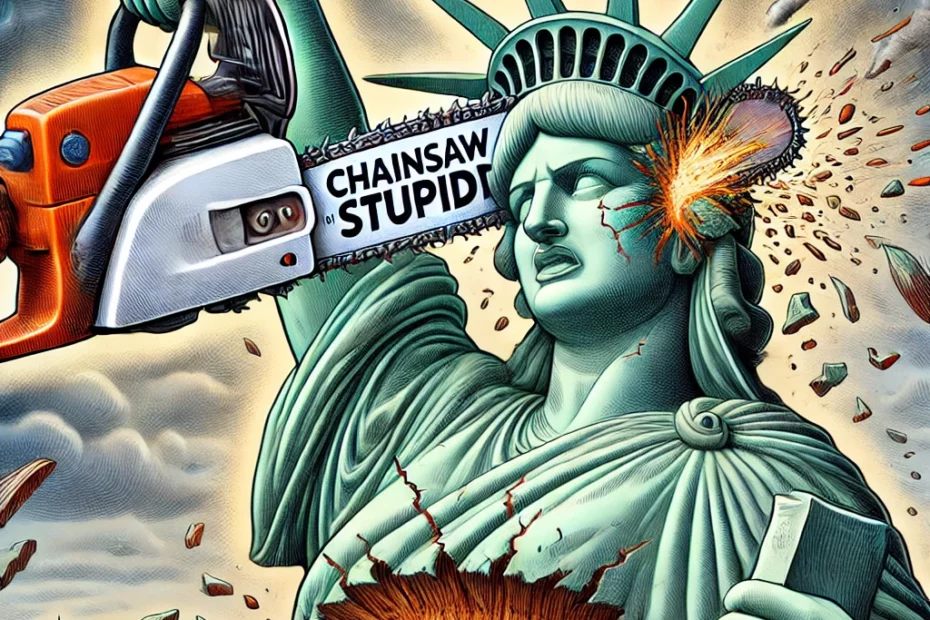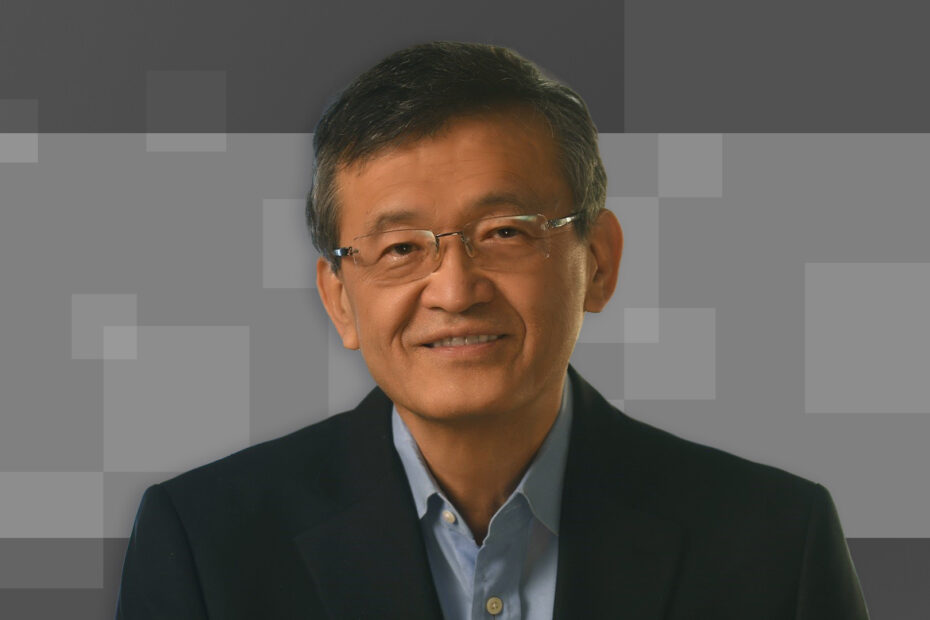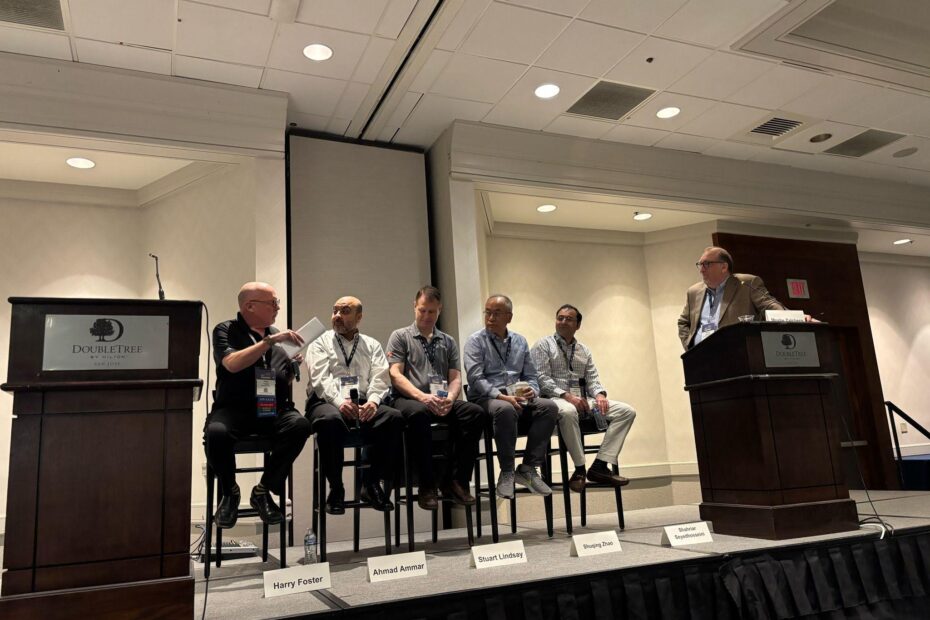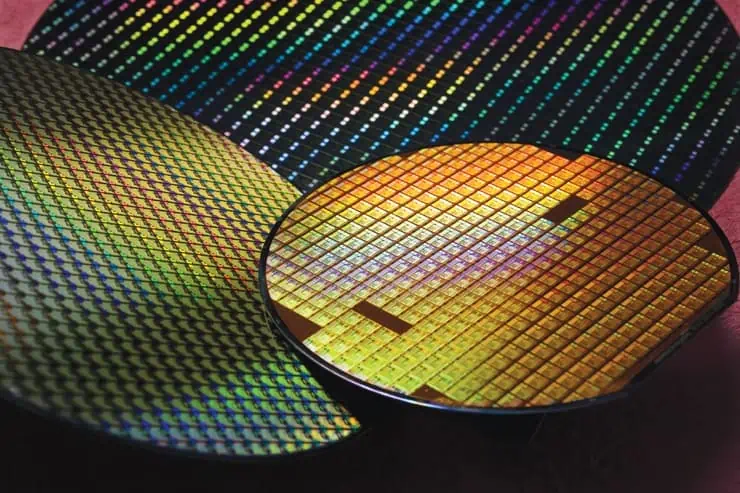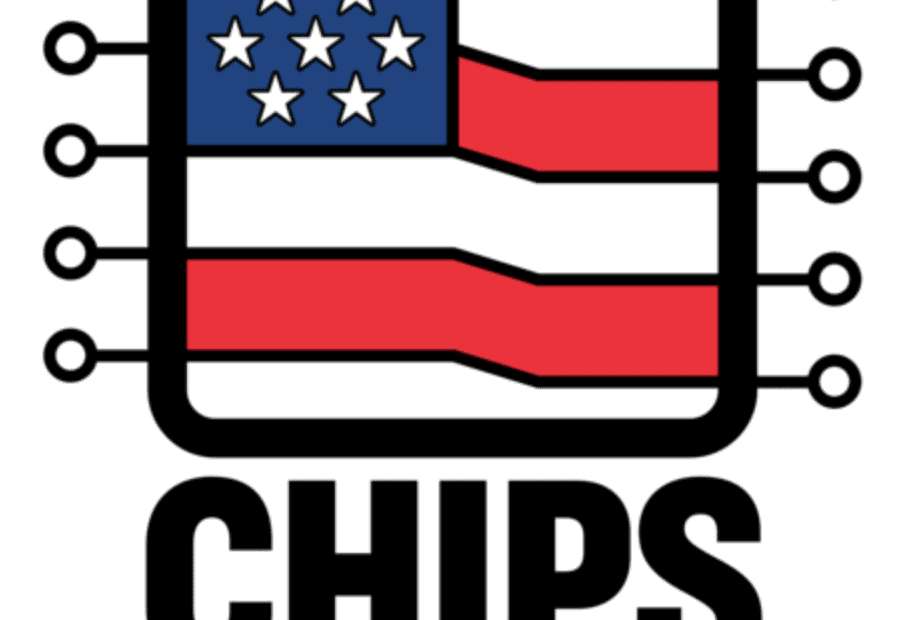Intel Board Shuffle: Another Missed Opportunity
By Bolaji Ojo
What’s at stake:
Intel is in a precarious position. In sales, it is still one of the biggest semiconductor companies in the industry, but the juxtaposition of its market value with those of rivals tells a dismal story. The recent appointment of Lip-Bu Tan as CEO marked the beginning of a much-needed house-cleaning at Intel. By not extending this exercise to the board of directors, the company is not holding long-term members to account or showing it understands the depth of the rot it must flush out.
Intel Corp. “is at a critical moment in its history,” and is facing “undeniable challenges.”
This critical assessment comes from Frank D. Yeary, chair of Intel’s board of directors. In a lengthy foreword to the company’s latest annual report, Yeary warns that Intel “has been overshadowed at times by our own execution problems and not enough focus on the needs of our customers.” The company, Yeary notes, must focus on “delivering long-term value for shareholders.”
This sounds fine, reading like a text that Intel’s financially bludgeoned investors could have written. Ironically, however, Yeary’s blunt analysis excludes one brutal fact; that Yeary and many of Intel’s long-serving directors have been a deadweight around the company’s neck, failing to provide the leadership it needed at critical moments over the last decade or more.
Read More »Intel Board Shuffle: Another Missed Opportunity

